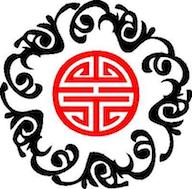Western herbalism primarily treats single or separate symptoms such as headache, insomnia, constipation, etc. Western herbalism would lead you to take echinacea for colds, ginkgo for memory, or St. John’s Wort for mild depression. One herb or a small group of herbs is used for each symptom, somewhat like Western drugs.
Chinese herbalism bases itself on diagnosing you as a whole picture: formulas are unique based partly on your symptoms, but also on emotional temperament, cause, duration of disease, and your overall body constitution. So, three people with a headache may be diagnosed three different ways and take three very different formulas. About 25% of Western herbs are found in the Chinese pharmacoepia, they are just used differently.
